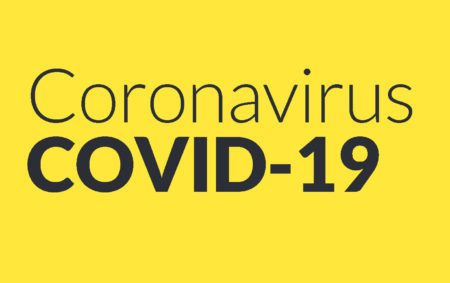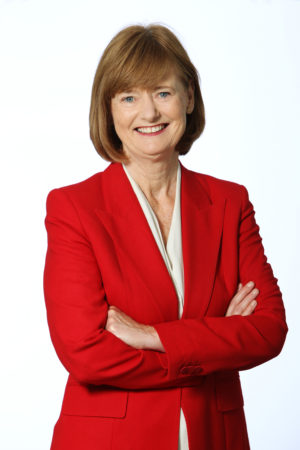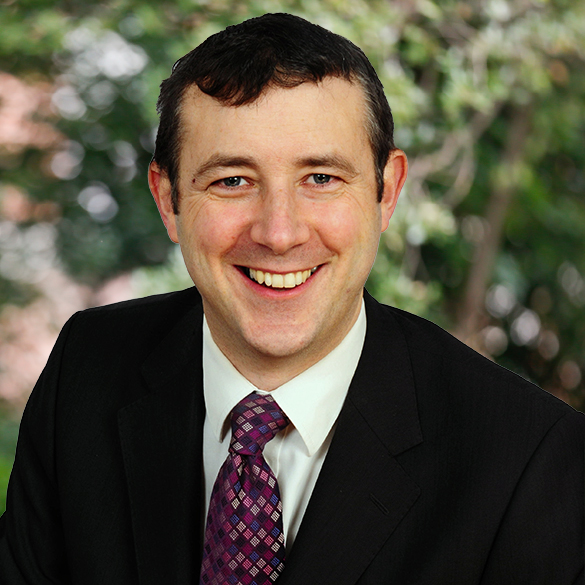23 December 2020
By Bryan Smyth
bryan@TheCork.ie

Relevant authorities at EU level and in Ireland must act against vaccine disinformation campaigns. This is according to MEP Deirdre Clune who is a Member of the European Parliament’s Environment, Public Health and Food Safety Committee. MEP Clune is urging people not to be afraid to challenge vaccine disinformation or the spread of it – even among family or friends
MEP Clune said: “The vaccine will help return some sort of normality to our daily lives by next summer however in order for such a vaccination programme to be successful people must be willing to get vaccinated.”
The Department of Health says their research tells them that many people have already decided (45%) that they will definitely or (28%) will probably take the vaccine when it is offered. The HSE and the Department of Health are currently preparing an information and communication campaign aimed at addressing the many questions and concerns that will undoubtedly surface in the coming months.
“There will be questions asked and clear answers must be given surrounding the safety and effectiveness of the vaccine. It is really important that we develop trust in the vaccine, the science behind it and that we are clear about the authorisation process. It is also critically that disinformation or plain untruths are dispelled.
“Disinformation campaigns against the vaccine will develop particularly in the online space and I believe that the relevant authorities at EU level and in Ireland must act against these campaigns. Every effort must be made to be vigilant and proactive to counteract disinformation. Actions such as those we saw against the myths and on truths surrounding Covid -19 earlier this year are needed again. The use of online space has changed the way we access our news and how we engage with items of information. New technologies can be used to spread information with a speed that is unprecedented and so disinformation does and will spread rapidly.”
MEP Clune said the EU has a role to play in proactively preventing disinformation against any safe, effective and approved vaccines that may become available from taking hold and spreading across the internet.
“The COVID-19 pandemic exposed the danger of misinformation in the context of public health and safety, especially with regard to online platforms. We witnessed a massive wave of false or misleading information, hoaxes and conspiracy theories. The pandemic also highlighted the importance of independent, fact-checking journalism and the media’s important role of informing the public with verified reports. Disinformation is a serious threat to democracy. But in a pandemic, disinformation can even be a threat to life itself.”
“Each day we hold a world of information in our hands, we can search for something in just a few seconds. That access to information is fascinating and powerful but it also means that misleading information can find its way to us more easily. Now more than ever, we need to be aware of misinformation, how to recognise it and how to protect ourselves from it. In the time of a global pandemic the wrong information can be very dangerous.”
“It is important to get our news from reputable sources, to check if more than one new source is carrying the story, comparing offline and online for example. We should not be afraid to challenge disinformation or the spread of it – even among family or friends especially on our own social media and communication apps. This crisis has demonstrated the role of free and independent media as an essential service. Citizens need reliable, fact-checked information, this helps save lives.”


